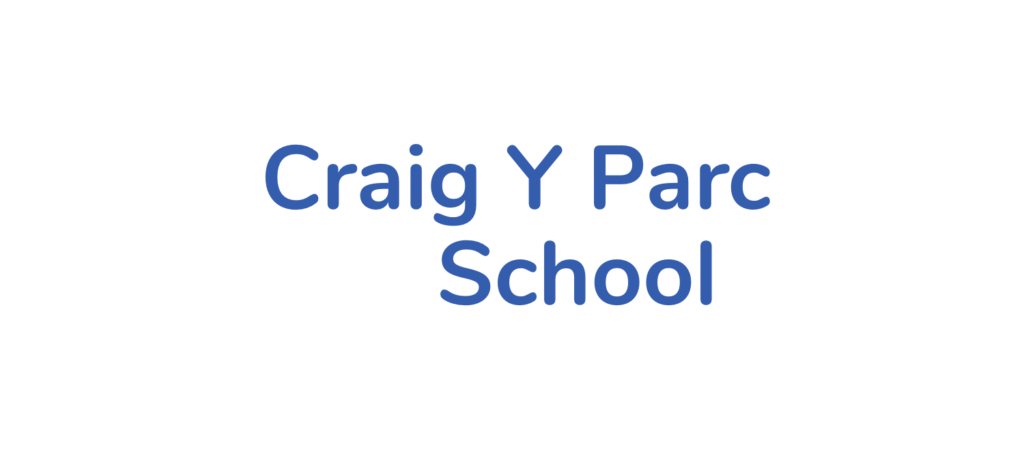Each child’s learning needs can vary significantly. In Wales, there’s a strong commitment to inclusive education. However, there are situations where an additional learning needs school may be the best option for your child.
ALN, or Additional Learning Needs, is the term used in Wales for pupils who need extra school support. A new Additional Learning Needs (ALN) system replaced the previous Special Educational Needs (SEN) system in September 2022. A child with Additional Learning Needs may need extra help because of a range of needs, such as thinking and understanding, physical or sensory difficulties with speech and language, or how they relate to and behave with other people.
When should I ask for my child to be helped?
Undoubtedly, recognising if a child has additional learning needs can be challenging, but early intervention is crucial. Here are some signs that may show your child could benefit from a special school:
Dyslexia: Dyslexia is a common learning difficulty that affects reading, writing, and spelling. If your child struggles significantly in these areas despite support in a mainstream school, it might be time to consider a special school with expertise in dyslexia.
ADHD (Attention-Deficit/Hyperactivity Disorder): Children with ADHD may have difficulty focusing, controlling impulses, and staying organised. If these challenges hinder their academic progress, a special school may be necessary.
Dyspraxia: Dyspraxia affects coordination and motor skills. If your child experiences significant difficulties in physical activities, handwriting, or daily tasks, a special school specialising in dyspraxia might be appropriate.
Lastly, children with specific language impairment may struggle with language development.
Who to talk to and what should I do if my child has Additional Learning Needs
If you notice any of the signs mentioned above, it’s essential to act promptly:
- Contact the School: Start by discussing your concerns with your child’s current school. They can provide initial assessments and support. Request a meeting with your child’s teacher or the Additional Learning Needs Coordinator (ALNCo). ALNCo is responsible for identifying a pupil’s additional learning needs (ALN) and co-ordinating the making of the Additional Learning Provision (ALP).
- Speak to Healthcare Professionals: Consult your child’s paediatrician to rule out any underlying medical issues. They can also refer you to specialists for further assessments.
- Request an Assessment: If your child’s challenges persist, consider requesting a formal assessment by your local authority’s ALN team. This assessment can lead to an IDP, which outlines the support your child needs.
In summary, the support your child can receive varies. Once your child has been identified as having special educational needs, they may be eligible for various forms of support which include
Additional Teaching Support: ALN schools typically offer smaller class sizes and specialised teaching methods tailored to your child’s needs.
Therapies and Interventions: Special schools like Craig-Y-Parc provides access to therapies such as speech and language therapy, occupational therapy, and behavioural support.

